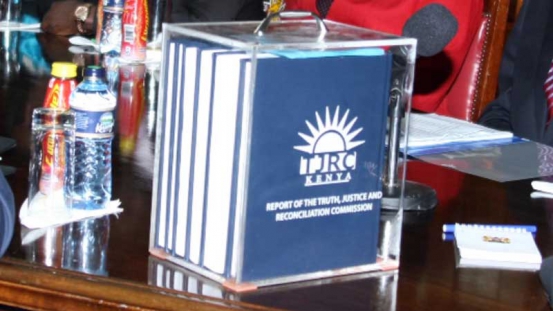
Land in Kenya remains a tinderbox ready to explode despite a decade of normative and institutional reforms. It is unsurprising therefore that just as in 2007, Raila Odinga, has again chosen to mobilise his political bastion around land grievances.
Odinga’s major premise is that the Maa and similarly situated communities have lost out to outsiders in the unregulated and open land market. His minor premise is that the alleged loss of land could have been averted if President Kenyatta’s government had implemented the TJRC report and Chapter 5 of the Constitution. These premises are questionable.